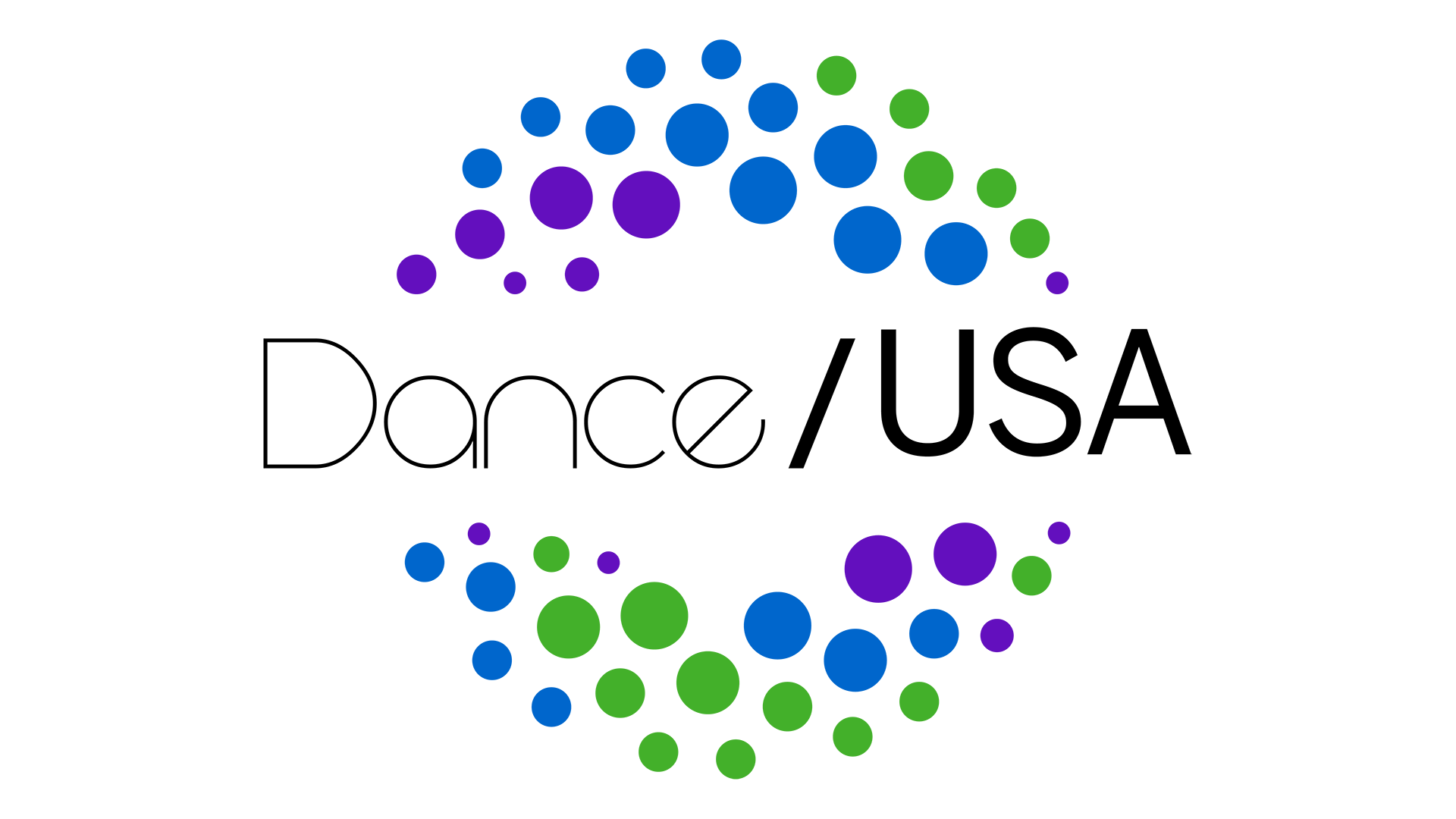Believe me — I completely understand. I, too, have friends on Facebook who continue to post political memes. These posts beget even more ridiculous comments from their friends, ones that make online super contributors sound intelligent. The comments can rile you so much that you believe yourself to be the only person capable of setting these individuals straight. But before you add your obviously rational voice to the discussion and inform your friends-of-friends of their comment’s inaccuracies, please make sure that you’re not posting to your dance company’s Facebook account.
During an election year, emotions run high; candidates from both parties, eager to increase their media exposure, tend to make extreme statements. This makes it even easier to get caught up in the fracas.
It’s important to remember that arts advocates are not only lobbying for increased appropriations for the National Endowment for the Arts. We’re also working on policies for tax, technology, education, and international exchange. When entering a congressional office, we arrive focused on the issue, not the party. This is so important because supporters for any of these issues may sit on either side of the aisle, making it crucial that we do not burn bridges.
Below are a few helpful tips to make sure that your political opinions don’t undermine your advocacy capital during campaign season:
- Keep your personal politics at arm’s length from your professional life.
A recent article in The NonProfit Times states that the IRS investigated more than 250 organizations in the 2004, 2006, and 2008 election cycles, “including 16 cases where it found that an ‘organization endorsed candidates on its website through links on the website.’” These are not the eyes that we hope will be attracted to our dance company’s social media. - Continue to engage your community in the issues that impact our field.
Keeping your constituency — staff, stakeholders, audiences, and even candidates — talking about issues, rather than politics, helps keep everyone working toward goals, regardless of party affiliations. - Encourage your staff and coworkers to participate in the election process.
Engaging colleagues in the process is fine but, outside of the “I Voted” sticker, they should keep all other campaign materials at home and not in their office. - Congratulate the winners.
All of them. Remember, it’s important to already have a relationship in place before you need to ask for something. In fact, make sure that you maintain your relationships with your elected officials who were not up for election.
As nonprofits, we receive a number of tax benefits. Along with those benefits comes the requirement to act in a non-partisan manner, while still advocating for issues important to the performing arts. Once again, Dance/USA is serving as a National Co-Sponsor for Arts Advocacy Day 2012. In late March, updated issue briefs will be posted in the advocacy section on Dance/USA’s website. These briefs will include background on the issues, an update on current policy, and talking points that help individuals make their case. They are a great resource when visiting, writing, and calling your elected officials.
Joining with other national service organizations, we have worked over the past few months to revise issue briefs and Congressional asks. This year, Alec Baldwin will be offering the Nancy Hanks Lecture and Ben Folds will perform. As in past years, Dance/USA is also reimbursing Arts Advocacy Day registration to a limited number of members (a $110 value!). If you plan on attending Arts Advocacy Day and want to join 500 arts advocates in talking to Congress about appropriations for the National Endowment for the Arts, Arts in Education at the Department of Education, charitable giving incentives, and international exchange issues, please contact the Dance/USA government affairs office before March 30. We hope to see you on April 16 and 17 at Arts Advocacy Day.
***
Brandon Gryde is director of government affairs for both Dance/USA and OPERA America. Prior to that he served two years as director of communications for Youth Service America, an international youth engagement organization, where he worked to increase awareness about the positive impact children and youth make in their communities through service and service-learning. Prior to moving to Washington, D.C., Brandon spent more than seven years at Jump Street, an innovative community arts organization in Harrisburg, Penn. He managed a state re-granting initiative in partnership with the Pennsylvania Council on the Arts and launched AND Magazine, a quarterly arts and healthy lifestyles publication written by teens, for teens. Brandon has a B.A. in Ethnomusicology and American Literature and Culture from UCLA and an M.A. in American Studies from Penn State.
____
We accept submissions on topics relevant to the field: advocacy, artistic issues, arts policy, community building, development, employment, engagement, touring, and other topics that deal with the business of dance. We cannot publish criticism, single-company season announcements, and single-company or single artist profiles. Additionally, we welcome feedback on articles. If you have a topic that you would like to see addressed or feedback, please contact communications@danceusa.org.
Disclaimer: Opinions expressed in guest posts do not necessarily represent the viewpoints of Dance/USA.



